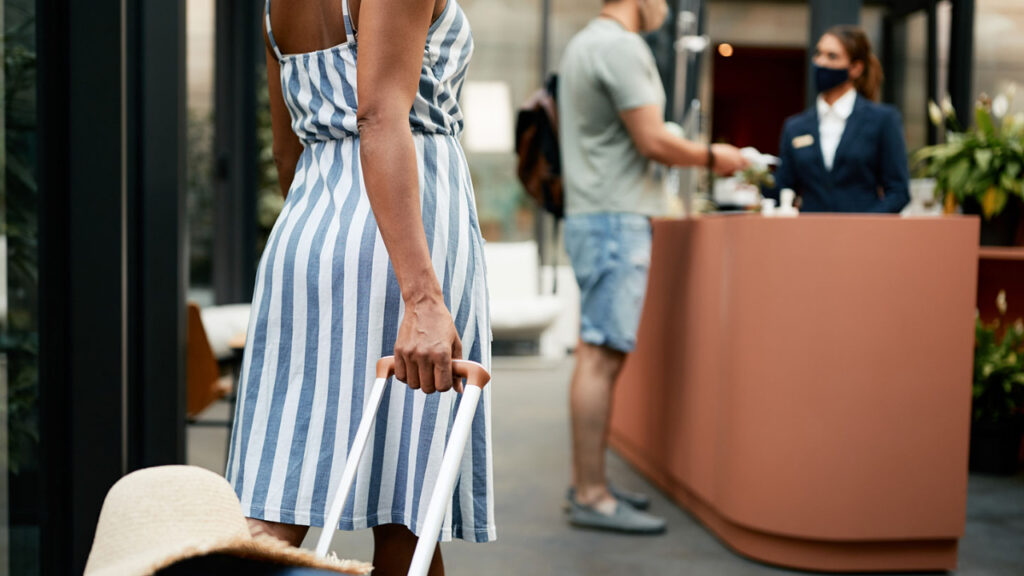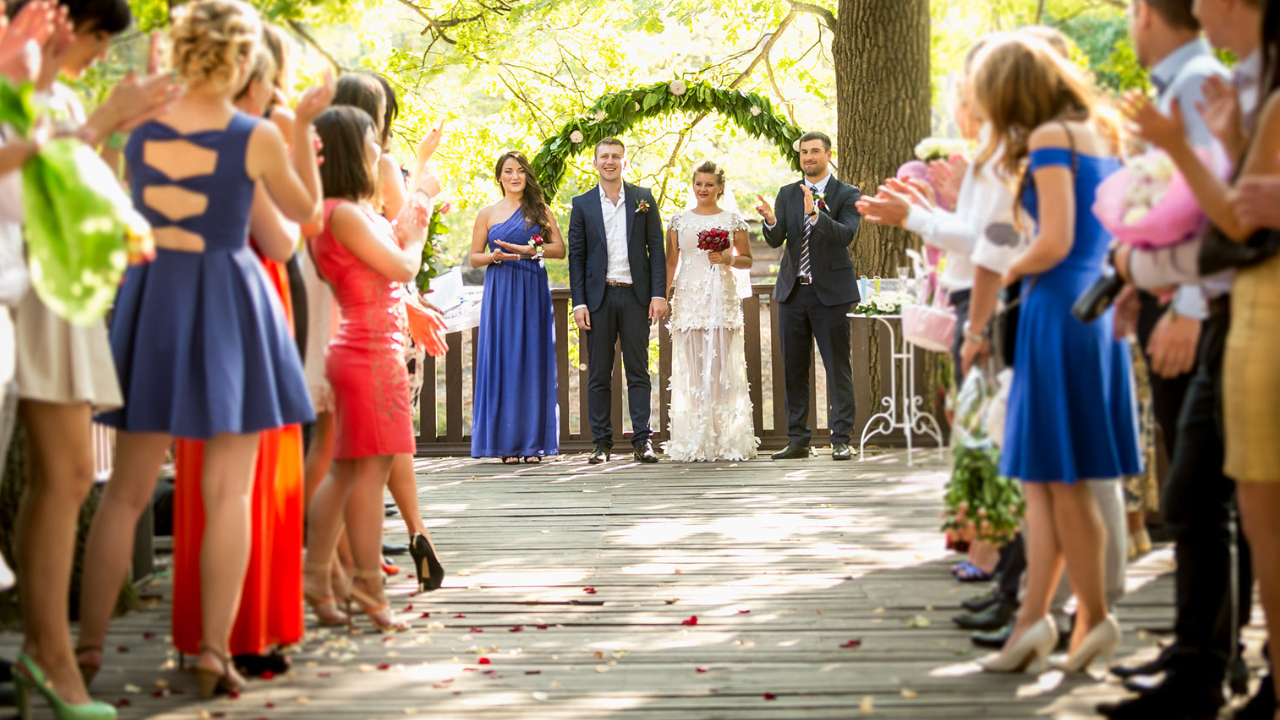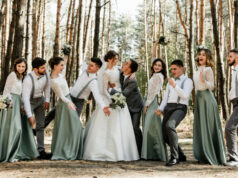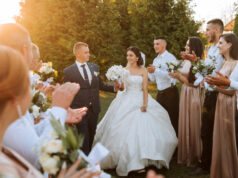When it comes to planning a wedding in Europe, one of the most essential factors to consider is ensuring that your guests have a comfortable stay. Organizing guest accommodations in Europe can be a complex task, with many things to consider from hotel locations to cultural nuances, and of course, budget constraints. However, with a bit of planning and the right strategies, you can ensure that your guests have a memorable experience. In this article, we’ll guide you through everything you need to know.
▶️ Read also: Tips to save on your European wedding
Understanding different accommodation options
Europe boasts an array of accommodation options to suit a variety of tastes and budgets. From luxury hotels and charming bed and breakfasts to boutique guesthouses and self-catering villas, the options are almost endless. Researching and understanding these options will be your first step in planning your guests’ accommodations.
Hotels
Hotels are often the go-to choice for wedding guest accommodations, especially for city weddings. They provide numerous amenities, including breakfast options, Wi-Fi, room service, and laundry facilities. When selecting a hotel, consider its location in relation to your wedding venue. An ideal location would be within a short drive or even walking distance from the venue. This will help reduce transportation challenges for your guests.
Moreover, several hotels offer group booking discounts. It’s worth discussing with the hotel management if you are booking a large number of rooms. Also, enquire about the cancellation policy, just in case plans change.
Two sites to know (even if they are well known 😜) 👇
- Booking.com: A global travel metasearch engine for lodging reservations.
- Hotels.com: A website for booking hotel rooms online and by telephone.
Bed and Breakfasts (B&Bs)
B&Bs are excellent for smaller, more intimate weddings. They often have fewer rooms than hotels, creating a close-knit feeling among your guests. Each B&B is unique, often reflecting the personality of the owner and the local culture. This adds an additional charm to your guests’ stay. When considering a B&B, make sure to discuss your plans with the owner. They may be able to provide insights into local attractions or activities that can make your guests’ stay even more memorable.
Two sites to help you 👇
- BedandBreakfast.eu: A worldwide B&B directory.
- Airbnb.com: The well-known marketplace for arranging or offering lodging, primarily homestays, or tourism experiences.
Self-catering Villas
Self-catering villas or apartments provide a more personalized and homely experience. These are often a popular choice for guests attending family-centric weddings or for those who prefer more privacy and independence. When selecting this type of accommodation, consider its proximity to local supermarkets or convenience stores. Your guests might appreciate the possibility to easily purchase their groceries or essentials.
Two useful sites to know 👇
- HomeAway.com (now Vrbo): An online marketplace for vacation rental.
- Holidaylettings.co.uk: One of the UK’s largest online platforms for holiday rentals where you can also find properties across Europe.
Reserving accommodations in advance
Reserving accommodations should be at the top of your planning list. Europe is a high-demand destination, and accommodations can fill up quickly, particularly during peak tourist season. Aim to send ‘save the date’ cards 9 to 12 months before the wedding, giving your guests plenty of time to secure their accommodations.
If you’re considering block booking hotel rooms or reserving an entire B&B, start this process even earlier. It’s also a good idea to keep track of major events or festivals in the area that might coincide with your wedding date. These events can cause a sudden increase in demand for accommodations.
Providing detailed information
The more information your guests have, the smoother their experience will be. Provide them with a comprehensive guide that includes not only the address and contact numbers of their accommodations but also information about the amenities and services available.
Local area information can be a delightful addition to your guide. Suggest nearby tourist attractions, local restaurants, or unique activities. Share local customs or etiquette, and even include some basic phrases in the local language. This additional information will help your guests feel more at home and confident while navigating the area.

Catering to your guests’ needs
Understanding and accommodating your guests’ needs is vital to ensuring their comfort. Take into account any dietary requirements or allergies when choosing the type of accommodation.
Furthermore, consider your guests’ preferences: some might prefer a luxurious stay with spa facilities, while others might appreciate an eco-friendly lodge or a quaint country inn. The more personalized the experience, the more your guests will enjoy their stay.
Guest transport
Last but not least, consider transportation. If the accommodations aren’t within walking distance to the wedding venue, arranging transportation is a thoughtful gesture. This could be a shuttle service, taxi bookings, or simply providing detailed directions and public transport schedules.
By paying attention to these details, you not only ensure a comfortable stay for your guests but also help them enjoy the wedding experience even more. A well-organized accommodation plan will allow everyone to focus on the main event: celebrating your special day.






